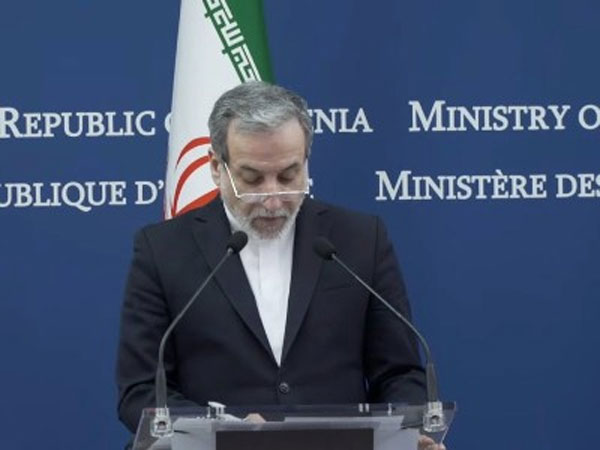Daijiworld Media Network - Tehran
Tehran, Aug 14: Iran’s Foreign Minister Seyed Abbas Araghchi held separate meetings with senior diplomats from Russia and Armenia on Wednesday, exchanging views on the evolving situation in the Caucasus and reaffirming Iran’s commitment to peace and regional stability.
Araghchi met with Igor Khovaev, Russia’s special envoy for the normalization of ties between Armenia and Azerbaijan, and Vahan Kostanyan, Armenia’s deputy foreign minister. According to statements from the Iranian Foreign Ministry, the discussions also covered bilateral relations with both countries.
During both meetings, Araghchi reiterated Iran’s long-standing position in favor of a peaceful resolution to the Armenia-Azerbaijan conflict, advocating for solutions led by regional actors without foreign interference.

“The region must rely on its own mechanisms to ensure peace, cooperation, and mutual security,” he emphasized in talks with Khovaev.
He also noted the alignment of views between Tehran and Moscow on key regional and international matters, calling for continued bilateral consultation to protect their shared interests. Khovaev, in turn, provided an update on Russia’s diplomatic initiatives in the Caucasus and stressed the need for close, consistent coordination with Iran.
In his meeting with Armenia’s deputy foreign minister, Araghchi highlighted the sensitive issue of transit route unblocking in the region. He stressed that any such development must uphold national sovereignty and territorial integrity and avoid triggering geopolitical shifts or severing vital connections between other regional states.
“Any transit plans must serve the interests of all countries in the region without creating instability,” he said.
Kostanyan assured Iran of Armenia’s strategic relationship with Tehran, stating that Iran’s security and geopolitical concerns are factored into Yerevan’s decision-making processes related to regional peace and transit infrastructure.
The dialogue comes in the wake of a historic development: on Friday, the leaders of Armenia and Azerbaijan formally initialed a peace agreement at the White House, aiming to end their decades-long conflict over Nagorno-Karabakh, a region contested since 1988 despite a ceasefire reached in 1994.
Notably, the new deal grants the United States exclusive rights to develop a major transit corridor across southern Armenia, directly connecting Azerbaijan to its exclave Nakhchivan and eventually Turkey. The proposed route has raised geopolitical concerns, particularly among regional powers like Iran, which fears a potential shift in the balance of influence in the Caucasus.
As peace talks continue and infrastructure plans begin to take shape, Iran has signaled its intent to remain actively involved in shaping outcomes that respect regional sovereignty and promote lasting stability.